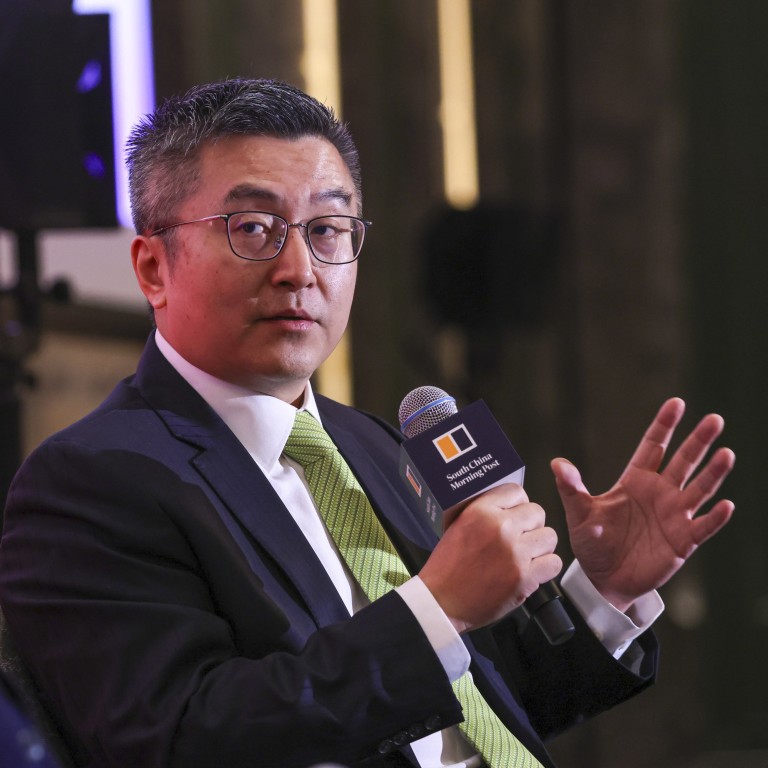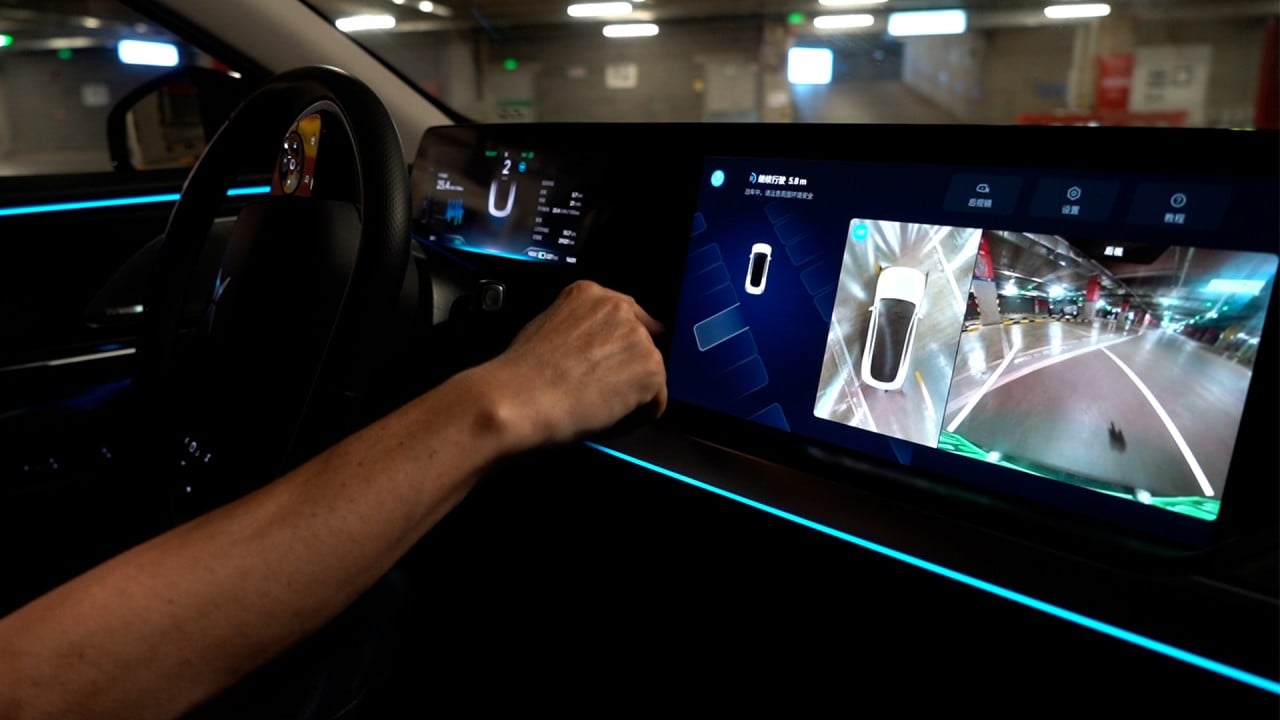
Xpeng seeks to be first major Chinese EV maker to launch right-hand drive cars as it targets Hong Kong market
- Xpeng will offer a vehicle distinct from existing electric cars in Hong Kong that will appeal to local customers, says president Brian Gu
- It marks the first move by a Chinese maker of premium EVs to tap the Hong Kong market with a right-hand drive model
Gu said the right-hand drive model will probably hit the Hong Kong market in late 2024.
It marks the first move by one of China’s major EV makers to tap the Hong Kong market with a right-hand drive model.
They now build only left-hand drive models, most of which are sold on the mainland.
“Right-hand driving is a large segment of the [whole EV] market,” Gu said, adding that Xpeng is determined to build itself into a strong global EV company.
Gu said some units of it two new models, the G9 sport-utility vehicle (SUVs) and the P7 sports sedan, would be handed to European customers in two weeks.
“Chinese EV makers are strong contenders in the international market because they have good products and offer reasonable prices,” said David Zhang, a visiting professor at Huanghe Science and Technology College. “In the premium segment, Chinese companies need to develop some new models based on local drivers’ demand.”
On Monday, market research firm Canalys published a report which predicted EV exports by Chinese carmakers could reach 1.3 million units this year, almost double the 679,000 cars shipped last year as reported by the China Association of Automobile Manufacturers (CAAM).
Last week, some cars made by Xpeng were allowed to drive themselves through Beijing’s streets after its X NGP (Navigation Guided Pilot) software, which is similar to Tesla’s Full Self Driving (FSD) system, received the go-ahead from local authorities to become operational.
It was the first Chinese carmaker to gain approval for its semi-autonomous driving technology from Beijing’s transport authorities.
The system had already been approved in Shanghai, Guangzhou and Shenzhen.
Gu said Xpeng would cut the number of lidars used in Xpeng cars in the future to reduce production costs and make autonomous driving tech more affordable to drivers around the world.


